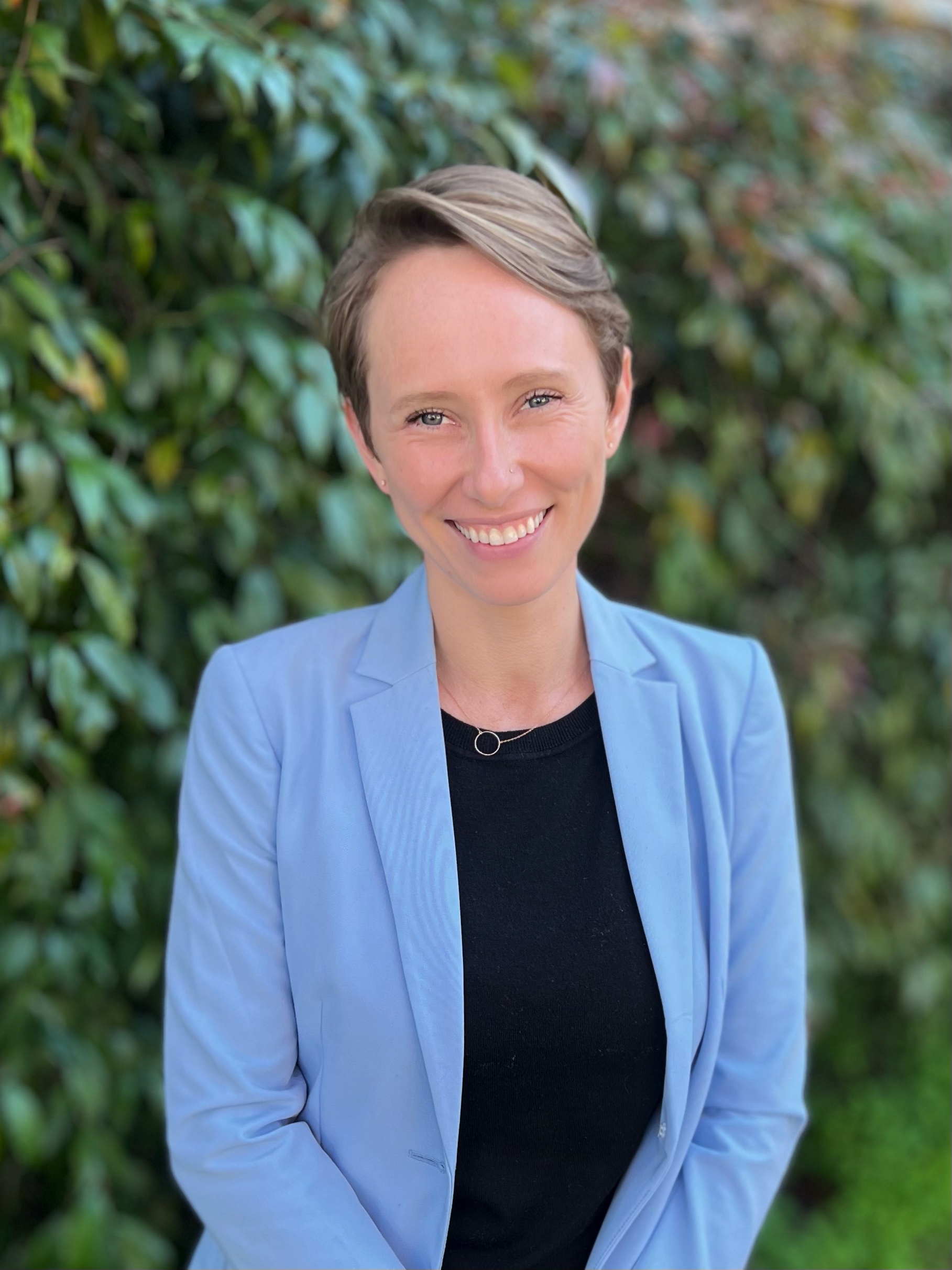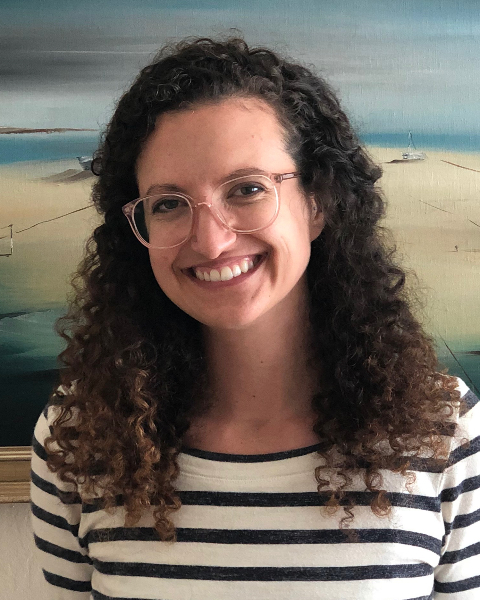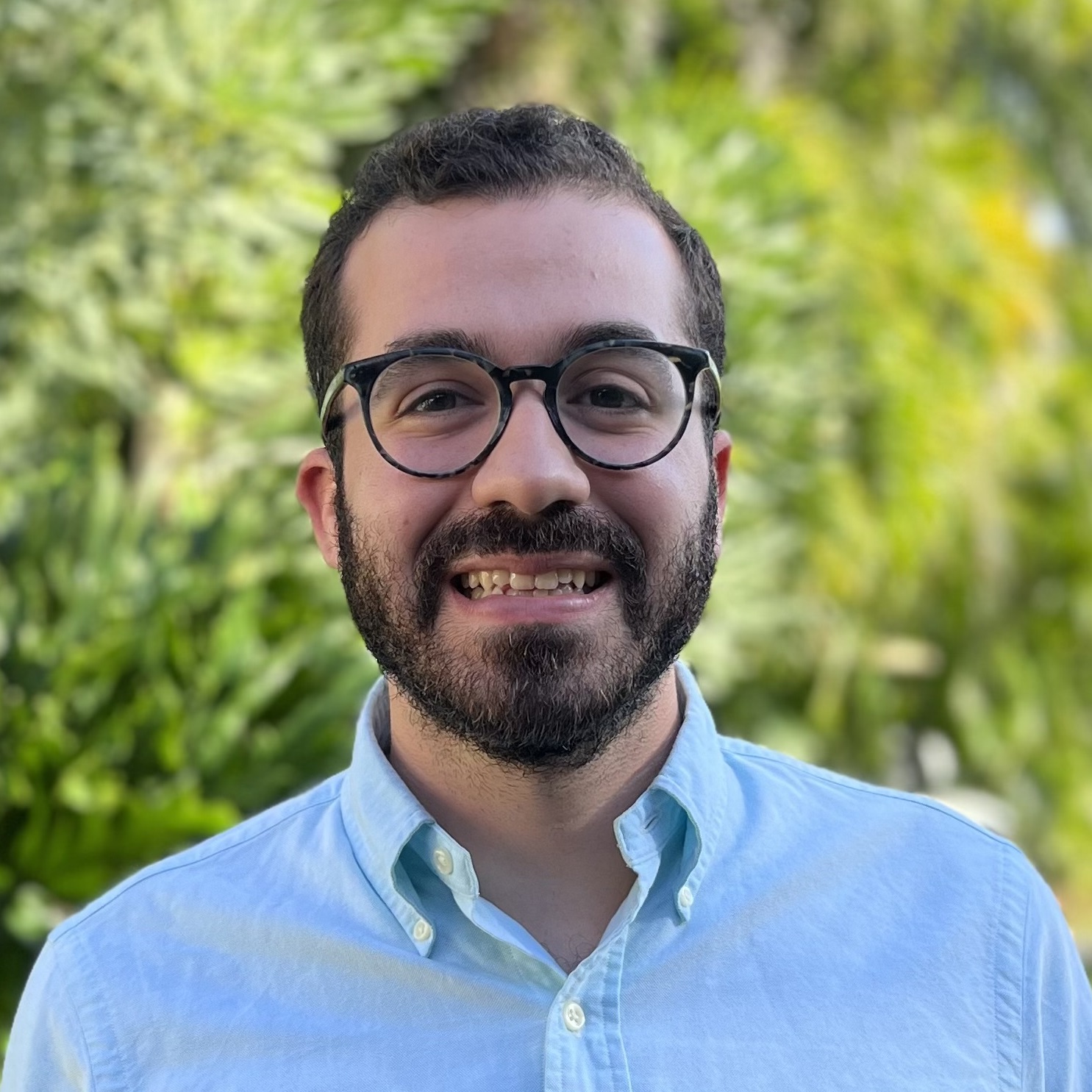Symposia
Sleep / Wake Disorders
1 - (SYM 123) Community Provider Delivery of Fitted and Standard Versions of the Transdiagnostic Intervention for Sleep and Circadian Dysfunction in Partnership with Community Mental Health Centers
- AH
Allison G. Harvey, Ph.D. (she/her/hers)
Professor
University of California Berkeley
Berkeley, California, United States 
Emma Agnew, M.A., LCSW
Clinical Research Supervisor
University of California at Berkeley
Berkeley, California, United States
Laurel D. Sarfan, PhD (she/her/hers)
Clinical/Implementation Asst Researcher
University of California, Berkeley
Berkeley, California, United States- LD
Lu Dong, Ph.D. (she/her/hers)
Professor
Pardee RAND Graduate School
Santa Monica, California, United States - NG
Nicole B. Gumport, Ph.D. (she/her/hers)
Postdoctoral Fellow
Stanford University
Stanford, California, United States 
Marlen Diaz, B.A.
Graduate Student
University of California, Berkeley
Berkeley, California, United States
Julia M. Spencer, B.A.
Project Coordinator and Community Facilitator
University of California, Berkeley
Oakland, California, United States
Rafael T. Esteva Hache, B.A.
Project Coordinator
University of California, Berkeley
Berkeley, California, United States- EO
Estephania Ovalle Patino, B.S. (she/her/hers)
Project Coordinator
University of California, Berkeley
Berkeley, California, United States 
Catherine Callaway, M.A.
PhD Candidate
University of California, Berkeley
Berkeley, California, United States
Speaker(s)
Co-author(s)
Co-Author(s)
Co-author(s)
Sleep problems contribute to vicious cycles of escalating vulnerability among people who have been diagnosed with serious mental illness (SMI). Partnering with leadership and providers within a network of community mental health centers (CMHCs), we present findings from a research program involving the Transdiagnostic Intervention for Sleep and Circadian Dysfunction (TranS-C). CMHCs are a large provider of affordable mental health services for people who are low-income and diverse in the US. Transfer of EBPTs to under-resourced routine practice settings, such as CMHCs, has been slow and many CMHCs that initially embraced EBTs have not sustained them for multiple reasons, including poor fit between the treatment and the CMHC context. In Study 1, the 121 participants were diverse in age (19-76), race (42% black, 36% white), ethnicity (16% Hispanic/Latino) and living circumstances (board and care homes, supported independent living, independent). Patients were randomized to immediate 8-session Standard TranS-C or Usual Care and Delayed TranS-C (UC-DT). TranS-C was associated with improvement in functional impairment, psychiatric symptoms, and sleep. TranS-C was delivered within CMHCs. However, the providers were employed, trained, and supervised within an academic setting. Study 2 tested the effectiveness of TranS-C delivered by CMHC providers and involved 539 participants who were diverse in age (19-76), race (51% White, 30% American Indian or Alaskan Native, Asian, Black or African American), ethnicity (32% Hispanic or Latino/a/x) and living circumstances (group supportive housing, friend/roommate, alone). A central question was to determine if a version of TranS-C that had been adapted using theory, data, and stakeholder input to improve the fit of TranS-C to CMHCs (“Adapted TranS-C”) was more effective and acceptable relative to “Standard TranS-C.” Patients were randomized to immediate TranS-C (Adapted or Standard) or Usual Care and Delayed TranS-C (UC-DT). TranS-C was associated with significant improvement in functional impairment, psychiatric symptoms, and sleep. There were no significant differences between Adapted TranS-C and Standard TranS-C on patient outcomes (all ps > 0.40). Also, there were no significant differences between Adapted and Standard TranS-C on provider perceptions of treatment fit. In sum, (1) interventions to improve sleep can improve mental health and (2) providers working in under-resourced routine practice settings like CMHCs can effectively deliver both Adapted and Standard TranS-C.

.png)
